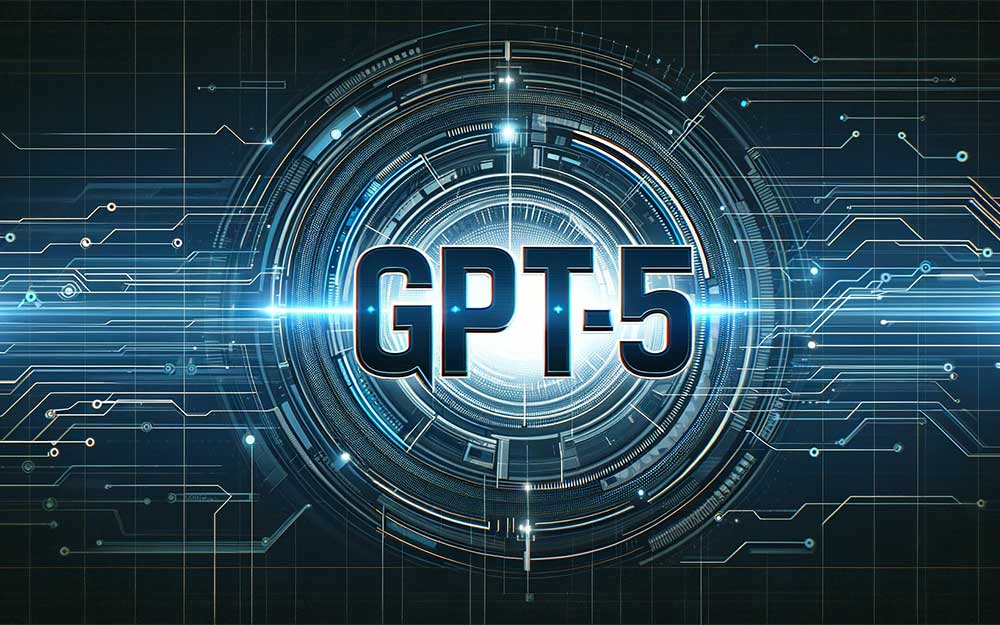Ingrid van de Pol-Mensing is a columnist for Advocatie and co-founder of Uncover Legal.
“I thought August would be a nice, quiet month. School holidays, so most lawyers are away and cases are, where possible, on hold. Yet I have to pull myself out of the pool again because OpenAI has launched yet another innovation: GPT-5.”
The next question that immediately arises for me is: what does this mean for the legal industry? Specifically, I’m talking about the impact of GPT-5 on legal tech tools. Which functionality is moving closer on the roadmap? I want to know this because it will affect the tasks that you, as lawyers, will increasingly be able to delegate to legal tech tools.
Plenty of reason, then, to dive behind my laptop in 32-degree heat and start researching. For everyone who will be back at work full speed in September, here’s an analysis you can pass on to your innovation team to ensure that your work will soon be supported in the best possible way.
It’s probably still warm outside when you’re reading my blog, so I’ll start with the conclusion: GPT-5 has the potential to fundamentally change the work of lawyers. But not just like that, and certainly not without the right safety measures.
A secured tool
With the launch of GPT-5, we’re dealing with AI that reasons significantly better, works more accurately, and delivers legally relevant output. Yet I want to clear up one misunderstanding right away: GPT-5 is not a tool that lawyers can simply use independently in their practice. The reason is simple:
- Processing confidential client data in a generic AI model without a secure environment is legally and ethically unacceptable.
- Many public AI services process data outside the EU, which may lead to GDPR violations.
- For the legal sector, the rule applies: without secured, EU-hosted infrastructure and integration into controlled workflows, GPT-5 should not be used in practice.
What GPT-5 can mean for lawyers
Assuming your firm uses secure tools, you should experience the following improvements when GPT-5 is embedded in legal tech solutions. Compared to GPT-4, it delivers the following substantial advancements:
- Deeper reasoning: Complex legal analyses involving multiple steps are more consistent, allowing multi-layered cases (facts, case law, statutes) to be worked out more thoroughly.
- Faster and more efficient: Up to 10× higher speed and 50–80% better efficiency in processing information means document reviews, due diligence, and contract analyses can be completed in less time.
- More advanced workflow automation
GPT-5 scores 96.7% on tool-chaining benchmarks (tool-chaining: when AI doesn’t just perform one task, but uses a series of tools and actions in sequence to complete an entire process), enabling AI to handle steps in a legal process more independently with less human involvement. - Multimodal processing
Ability to understand and process not just text, but also images, scanned documents, and audio notes — directly applicable for evidence and case file analysis. - Safer output
Thanks to safe completions (GPT-5 actively checks whether its output is safe, correct, and compliant before sending it to the user) and better compliance filters, incorrect or risky content is detected and avoided more quickly.
What’s needed to use GPT-5 safely
- EU-hosted infrastructure
Data must not leave the EU. Hosting in an ISO-certified, GDPR-compliant environment is a strict requirement. - Secured integration
Connections to DMS must run via encrypted and controlled APIs. - Audit and logging
Interactions must be traceable to meet compliance requirements.
Conclusion
So yes, GPT-5 is here — faster, smarter, safer, and ready to give the legal world a serious push forward. But just as you wouldn’t dive into unknown waters without first checking how deep they are, you also shouldn’t jump into a GPT-5-driven environment without proper security.
My advice? The summer of GPT-5 is the moment to reassess your innovation strategy — so that come September, you won’t just return to piles of files, but to a firm that works smarter, faster, and safer than ever before.











